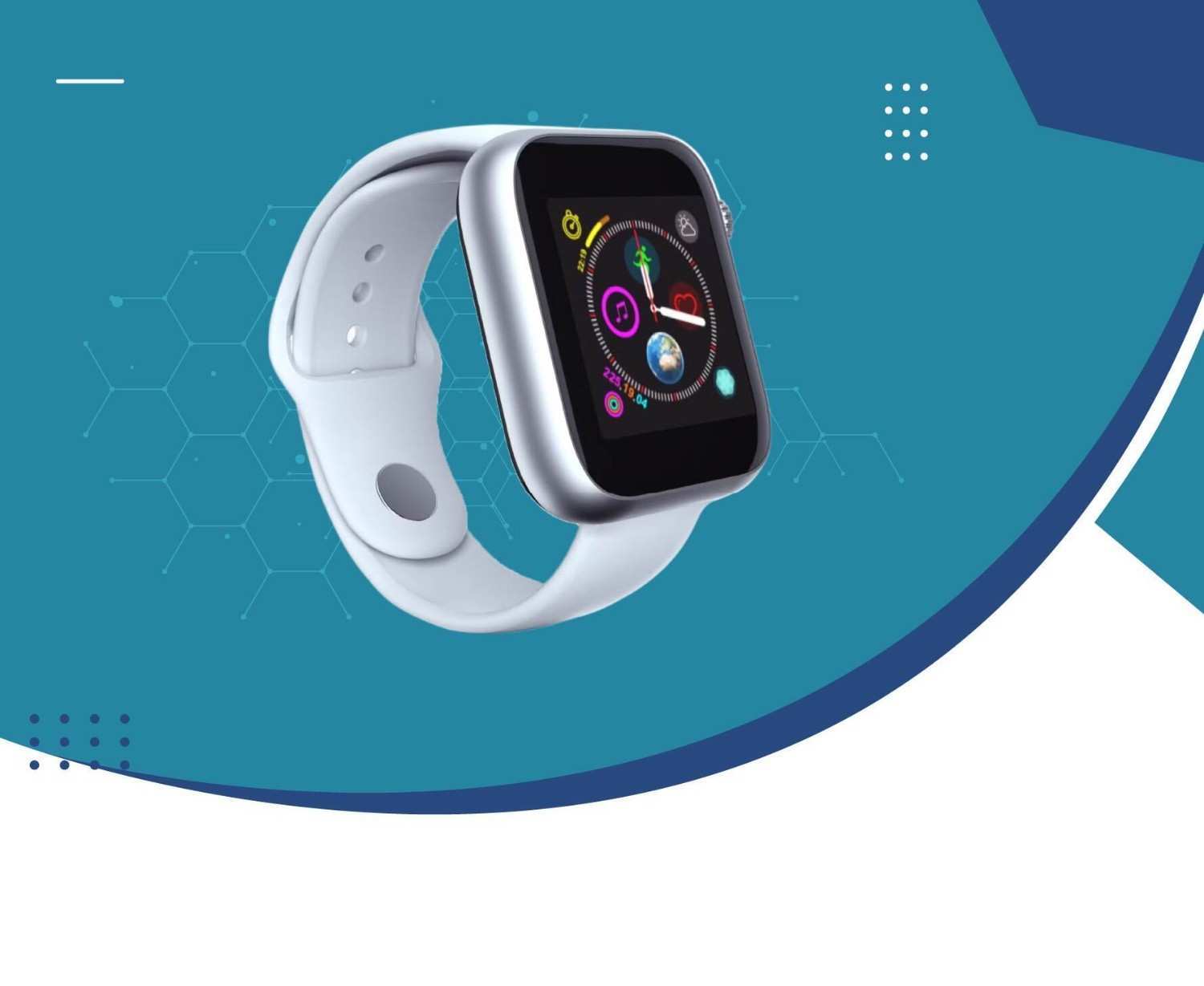Understanding the Impact of Wearable Health Devices on Personal Care

In recent years, wearable devices have revolutionized the way individuals manage their personal health. From smart watches to fitness trackers, these devices offer a convenient and accessible way to monitor a wide range of health metrics in real time. As technology continues to evolve, wearables are becoming an integral part of personal health management, empowering people to take control of their well-being in ways that were unimaginable just a few years ago. This blog explores the profound impact that wearable devices are having on personal health management, their benefits, and the challenges they present.
The Rise of Wearable Devices in Health
Wearable devices have evolved from simple step counters to sophisticated health monitors capable of tracking a wide array of metrics. Fitness trackers and smartwatches can now monitor heart rate, sleep patterns, blood oxygen levels, stress, and even detect irregular heart rhythms. With major tech companies like Apple, Fitbit, and Garmin leading the charge, these devices are more accessible and user-friendly than ever before.
Benefits of Wearable Devices in Health Management
1. Real-Time Data and Personalization
One of the most significant advantages of wearables is their ability to provide real-time data. Users can monitor their health metrics throughout the day, receiving instant feedback on their activity levels, sleep quality, and overall physical state. This real-time monitoring allows for more personalized health management, as users can track trends and adjust their habits based on the data they collect.
For example, individuals looking to improve their fitness can monitor their daily step count, calorie burn, and workout intensity, making it easier to set goals and track progress. Likewise, those managing chronic conditions like diabetes can benefit from devices that track glucose levels and heart health, ensuring they stay within safe parameters.
2. Preventive Health Care
Wearables promote preventive health care by helping users identify potential health issues before they become serious problems. Devices equipped with sensors to track heart rate variability or irregularities in heart rhythm can alert users to seek medical attention if something seems off. Similarly, wearables that track sleep patterns can provide insights into sleep disturbances that could lead to conditions such as sleep apnea or chronic fatigue.
By catching early warning signs, wearable devices allow users to take action sooner, potentially reducing the need for more invasive treatments and lowering healthcare costs in the long run.
3. Enhanced Fitness and Wellness Tracking
For fitness enthusiasts, wearable devices are a game-changer. They provide comprehensive data on physical activity, allowing users to optimize their workouts, track calories burned, and monitor heart rate zones. Many wearables offer guided workouts, recovery suggestions, and goal-setting features to help users stay motivated and achieve their fitness goals.
In addition to fitness, wearables can also support mental and emotional wellness. Some devices feature stress tracking and guided breathing exercises to help users manage anxiety and promote relaxation. By addressing both physical and mental health, wearables offer a more holistic approach to wellness.
4. Integration with Health Apps
Wearable devices are often integrated with health apps that allow users to store and analyze their data. These apps provide a deeper understanding of health trends over time, offering insights that may not be immediately obvious from daily monitoring. Users can share this data with healthcare providers, enabling more informed medical consultations and personalized treatment plans.
Integration with other platforms, such as diet tracking apps or smart scales, allows for a more comprehensive picture of an individual's health, giving users the tools they need to manage everything from weight loss to heart health.
Challenges and Concerns
While wearable devices offer numerous benefits, they are not without challenges.
Data Accuracy
Despite advancements, the accuracy of some wearable devices can still be questionable, particularly for metrics like calorie burn or blood oxygen levels. While they offer useful trends, users should approach the data with caution and consult healthcare professionals for critical decisions.
Data Privacy
With so much personal health data being collected, concerns about privacy and security are growing. Users must trust that wearable manufacturers and app developers will handle their sensitive information responsibly. Data breaches or unauthorized access could have serious consequences, especially in terms of identity theft or health insurance implications.
Over-Reliance on Technology
Another challenge is the potential for over-reliance on wearables. While these devices provide valuable insights, they should not replace regular medical checkups or professional health advice. Some users may become overly fixated on their data, leading to anxiety or unhealthy behaviors, such as excessive exercise or stress over minor fluctuations in metrics.
Regional Analysis
The Future of Wearable Devices in Health Management
As wearable technology continues to advance, its role in personal health management is expected to grow. Future wearables may include more advanced sensors capable of detecting a wider range of health conditions, such as early-stage infections or dehydration. We may also see the development of wearable devices designed specifically for chronic disease management, such as continuous glucose monitors for diabetes patients or wearables for managing cardiovascular conditions.
Artificial intelligence and machine learning will likely play a larger role, providing users with even more personalized insights based on their health data. In addition, wearables may become more integrated with healthcare systems, allowing for real-time sharing of data with doctors and other healthcare providers for more proactive and preventative care.
Conclusion
The impact of wearable devices on personal health management is undeniable. They provide users with real-time, personalized data, promoting preventive healthcare and helping individuals take control of their physical and mental well-being. While challenges like data accuracy and privacy concerns remain, the benefits of wearables far outweigh the risks for most users. As the technology continues to evolve, wearable devices will become an even more integral part of personal health management, empowering individuals to live healthier, more informed lives.